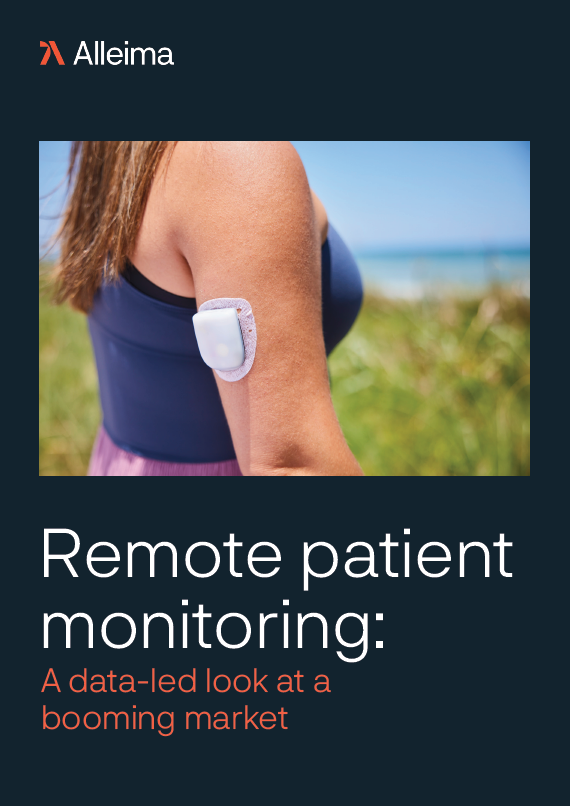
Know Labs has reported data from a new technical feasibility study of its Bio-RFID sensor technology for non-invasive glucose monitoring, compared to Dexcom G6 device.
The results of the study were presented at at the American Association of Clinical Endocrinology (AACE) Annual Meeting in Seattle, Washington.

US Tariffs are shifting - will you react or anticipate?
Don’t let policy changes catch you off guard. Stay proactive with real-time data and expert analysis.
By GlobalDataThe company conducted a series of internal studies from December last year through February this year, to confirm the technical feasibility of its Bio-RFID sensor technology.
The technical feasibility study was carried out to showcase the stability of hardware and software infrastructure of the sensor.
Another objective was to collect further data to validate the sensor’s accuracy in quantifying blood glucose concentration (BGC) in vivo non-invasively using radio frequency.
Know Labs chief product officer Steve Kent said: “We have successfully completed our foundational studies, we have a stable sensor that delivers repeatable results, and we have developed software infrastructure to manage and interpret large, novel datasets.
“As you increase sample size, it is expected that there are changes in accuracy, resulting from variability in testing conditions, biological diversity, and other factors.
“This is the goal of expanded data collection, and we will continue to share results as we collect more high-resolution data, from more participants, across more testing scenarios.”
Using electromagnetic energy in form of radio waves, Bio-RFID non-invasively captures the molecular signatures and converts them into physiologically relevant information and insights.
It can be integrated into various wearable, mobile or bench-top form factors.
The participants in the study were made to keep their forearms on the Bio-RFID sensor and provided liquid D-Glucose to stimulate a spike in blood glucose levels, at the time of data collection period.
In the study, the BGC of the participants was monitored for three hours while simultaneously logging readings from the Bio-RFID sensor and the Dexcom G6. It collected data on a continuous basis.
Then, the company utilised the data obtained from the Bio-RFID sensor for training a neural network (NN) model for the prediction of BGC readings of the Dexcom G6 device.
Across five participants, 92 samples and 46 tests, the study collected 4.7 million data points per sample, totalling approximately 430 million data points for all samples.
The study showed a 20.6% mean absolute relative difference (MARD) and performed with 46% of predictions within the US Food and Drug Administration’s (FDA) accuracy standards for new blood glucose monitors.
Know Labs CEO and chairman Ron Erickson said: “This study demonstrates our progress toward getting the first FDA-cleared non-invasive glucose monitoring device in the hands of the nearly 40 million people living with diabetes in the US.
“We’ve refined data collection methods and increased our participant population, with our dataset growing from three in our exploratory study to 92 in this study, a 30-fold increase in the sample size.”







